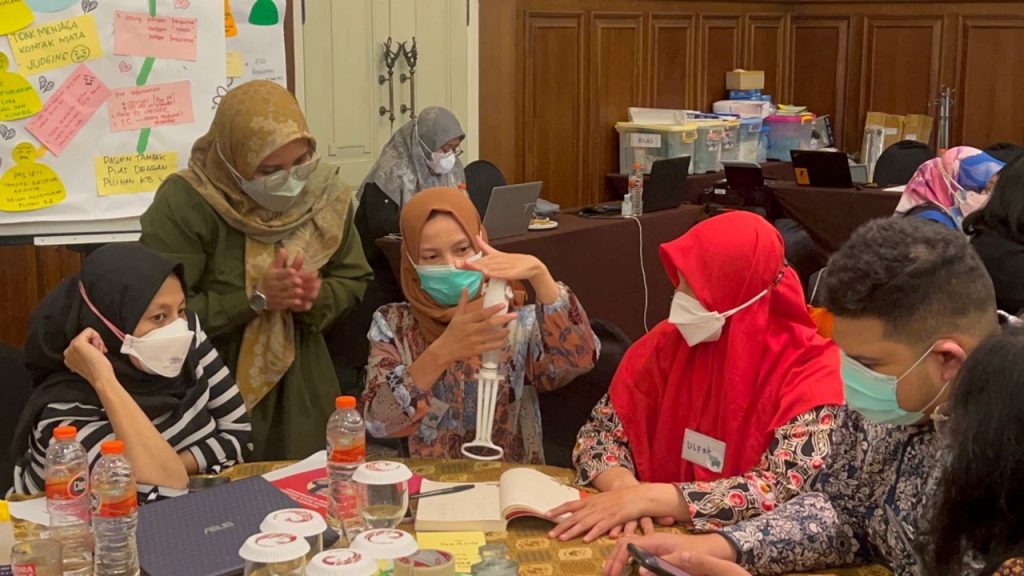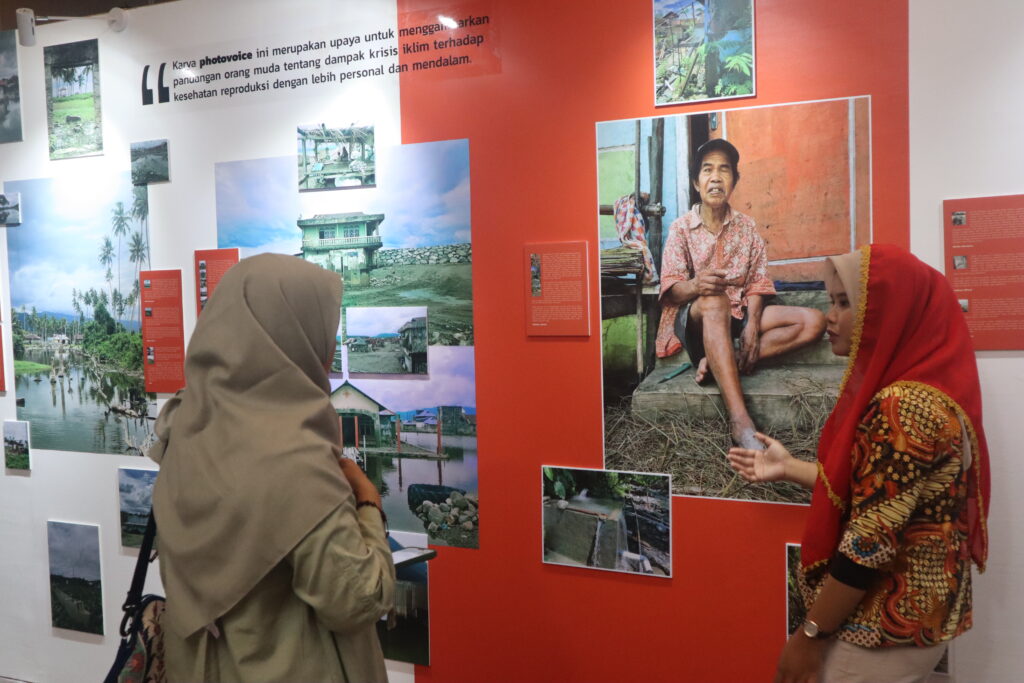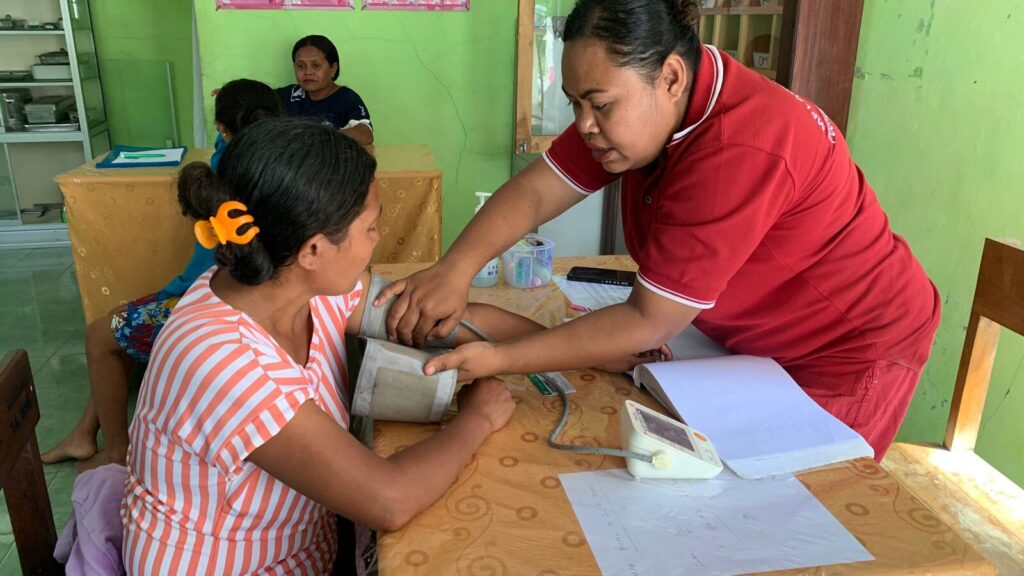Warning: this story contains experiences of domestic violence survivors which may make you feel uncomfortable and trigger trauma related to violence while reading. If you feel uncomfortable while reading, please stop reading and start again next time. If you need help because you have experienced violence, you can find the nearest service provider at carilayanan.com.
For 12 years, Ms. Sirpia endured violence in her household. In fact, she experienced the violence since the beginning of her marriage. She often complained to her parents and in-laws because she didn’t know what to do. But, in the end, she still survived the cycle of violence. “For the sake of my children,” recalled Ibu Sirpia.
Ibu Sirpia married a man who was also her neighbor in a village in Sigi District, Central Sulawesi, in 1994. The beginning of this violence occurred because Ibu Sirpia’s husband often played gambling and cheated on her. When these issues were raised by Ibu Sirpia, her husband beat her.
“At eight months (of pregnancy), my husband started cheating on me. How come my household is like this. I went back to my parents, my husband picked me up. It still continues, my husband is the same thing, between gambling and cheating,” she said.
Although her husband also earned a living for his small family, he also made a habit of gambling and playing with other women. Mrs. Sirpia could not stand this condition. She repeatedly asked her husband to divorce her. “I rebuked him, told him to talk, he didn’t listen, I was the one who was beaten,” she added.
Ms. Sirpia tried to vent her feelings of violence by migrating. To improve the family’s economic condition, she added. She moved many times as an oil palm laborer in Kalimantan. Even so, she still invited her husband in the hope that he could change. However, the gambling habit was still practiced overseas.
Unable to bear the conditions, Ms. Sirpia decided to become a migrant worker to Jordan in 2006. At that time, she decided to migrate alone. Meanwhile, her husband remained in the village. Shortly after, Mrs. Sirpia’s husband also worked outside the city in Central Sulawesi.
“Instead of being stressed in the village. I told my parents that I’d rather make a living in a foreign country. After two years there, Alhamdulillah, I managed to build a house. My intention from Indonesia was [to] change my economy,” he said.
After working in Jordan, she began to notice changes in her husband’s behavior. She admitted that her husband no longer beat her. That’s what has kept him going until now. “Thank God it’s rare, [maybe my husband knows] this woman dares to go everywhere,” she added.
Ms. Sirpia also admitted that information related to violence is now more open. This is different from what she experienced in the 1990s. She could only complain to her parents. In fact, she also did not dare to tell other parties for fear that it would become a disgrace to her family.
“In my day, I had not yet heard the story (information red.) We can report it. If I had [known there was information] like that [back then], I would have reported it to the police,” he concluded.
The information related to reporting cases of violence was obtained by Ms. Sirpia when she participated in a thematic discussion related to Sexual and Reproductive Health and Rights (SRHR) and Gender-Based and Sexual Violence. The discussion was conducted by the Central Sulawesi Women’s Equality Struggle Group (KPKP-ST) supported by IPAS Indonesia. This activity was carried out in 20 villages in Sigi and Donggala Regencies by involving groups of women and men as well as adolescents.



